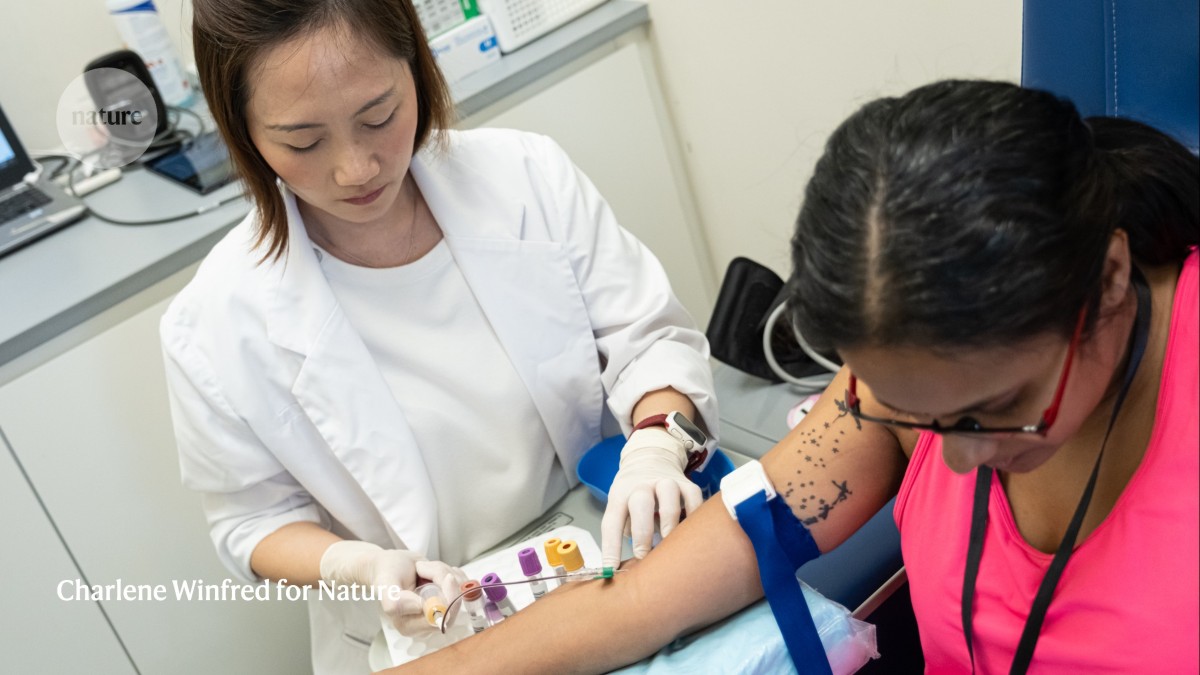
"Longitudinal studies - which follow individuals to collect data about health, lifestyle and environment over a period of months, years or even decades - have helped researchers understand disease risk, inform prevention strategies and improve public health planning. But the majority of large-scale longitudinal research has historically taken place in Europe or North America, meaning many populations remain under-represented in the data. A new generation of longitudinal studies is aiming to better reflect population diversity - not just by recruiting from underserved groups, but by embedding community involvement, local scientific leadership and context-specific questions into their design."
"When John Chambers first shared his genetic studies on Asian populations in London two decades ago, they were scientifically accepted but the international response was muted. "They weren't always taken seriously," Chambers, a cardiovascular epidemiologist recalls, "partly because they focused on a small migrant group in London. And that's not where most Asians live." One of those early studies, published in 2014, analysed the full genetic sequence of more than 300 South Asians and revealed millions of previously undocumented genetic variants."
"It helped show why South Asians are more vulnerable to conditions such as diabetes and heart disease. However, it had become clear to Chambers, who was based at Imperial College London at the time, that the research needed to be rooted in Asia, to fully capture the region's cultural, behavioural and genetic diversity. In 2015 he got a call from James Best, then the dean of the Lee Kong Chian School of Medicine at Nanyang Technological University (NTU) in Singapore, which was at the beginning of a collaboration with Imperial and Singapore's National Healthcare Group to create a state-of-the-art cohort study."
Longitudinal studies track individuals over months, years, or decades to collect health, lifestyle and environmental data that inform disease risk, prevention strategies and public-health planning. Most large-scale longitudinal research has been conducted in Europe and North America, leaving many populations under-represented. New cohorts are prioritizing population diversity by recruiting underserved groups and embedding community involvement, local scientific leadership and context-specific research questions. Early genetic studies of South Asians revealed millions of undocumented variants and clarified higher vulnerabilities to diabetes and heart disease. Regional, Asia-rooted cohort initiatives aim to better capture cultural, behavioural and genetic diversity for improved public-health insights.
Read at Nature
Unable to calculate read time
Collection
[
|
...
]